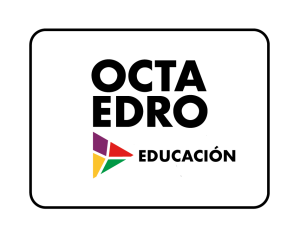Learning objectives
1. Describe the Digital Landscape and Media Literacy Challenges for Seniors: Participants will be able to identify the key challenges senior citizens face in using digital media, including unfamiliarity with digital technology, cognitive impairments, and limited access.
2. Develop Critical Media Literacy Skills: Participants will learn to train seniors in recognizing disinformation and verifying media content's authenticity, accuracy, and reliability. This includes evaluating sources, checking for bias, and verifying facts.
3. Promote Safe and Ethical Digital Practices: Participants will be able to teach seniors about ethical behavior in digital environments, focusing on privacy, online safety, avoiding scams, and responsible sharing on social media.
4. Foster Social Inclusion through Digital Tools: Participants will be able to create a supportive learning environment that helps seniors connect with family, friends, and their communities through digital communication tools such as social media and messaging apps.
5. Apply Inclusive and Culturally Relevant Teaching Methods: Trainers will use culturally sensitive and diverse educational materials and methodologies tailored to the needs of senior citizens, helping them overcome barriers to digital participation.
6. Enable the Use of Digital Tools for Civic Engagement: Participants will empower seniors to use digital platforms to engage in social and community activities, enhancing their digital citizenship skills.
7. Enhance Trainers' Capacity in Adaptive Teaching: Participants will learn techniques for adapting training to diverse learning paces and needs, focusing on hands-on support and experiential learning for effective digital engagement among seniors.
